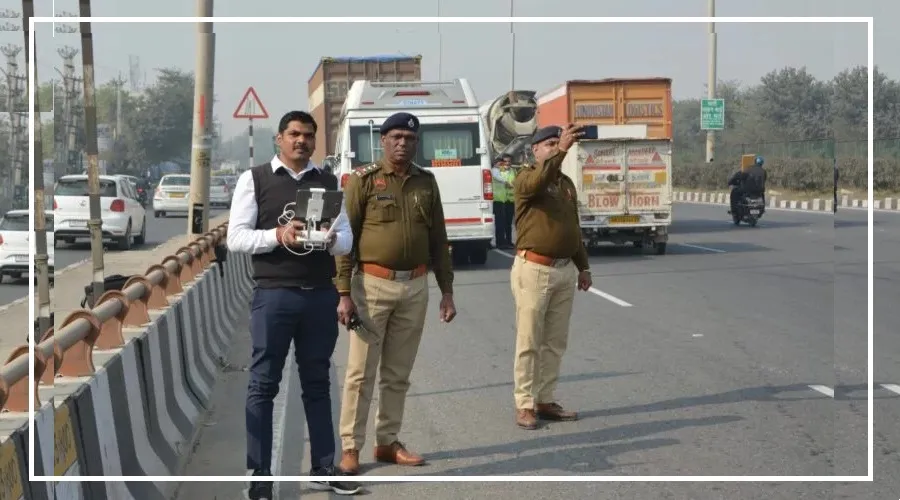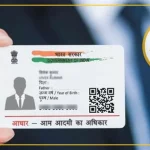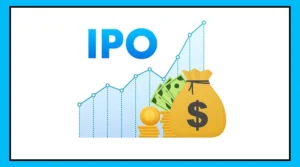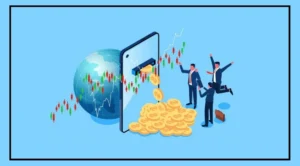With speed cameras and other technology now everywhere, traffic rules are being enforced more strictly than ever. Challans (fines) are issued quickly for violations like speeding, jumping red lights, or riding without a helmet.
But recently, a new question has been creating confusion—can you be fined if your vehicle has low fuel?
Challan Issued While Refueling a Commercial Vehicle Carrying Passengers
This might sound strange, but yes, there is a rule related to fuel levels—though it applies only in specific cases.
In 2022, a man from Kerala, named Tulsi Shyam, was fined for having low petrol in his motorcycle.
According to media reports, he was stopped by traffic police for riding in the wrong direction on a one-way road. He received a ₹250 challan.
The Reason Mentioned on the Challan: Low Fuel
Shyam, who was rushing to work, didn’t check the slip immediately.
But later, at the office, he read the fine slip and was shocked—it mentioned the reason as “driving without sufficient petrol with passengers.”
Confused, he contacted lawyers, who confirmed that a challan cannot be issued for low petrol in a private vehicle.
Shyam believed the challan had been issued by mistake.
This Rule Applies Only to Commercial Vehicles
The truth is, this rule about low fuel applies only to commercial vehicles, not private ones. This includes vehicles like taxis, cabs, and buses that carry passengers for business.
The idea behind the rule is to avoid causing trouble to passengers if the vehicle stops due to fuel shortage. If a commercial vehicle picks up passengers and then stops to fill fuel, it can be fined.
The logic is that the vehicle should already have enough fuel before picking up customers. This helps maintain better service and avoids delays or discomfort for passengers.
No Need to Worry if You Drive a Private Vehicle
So, if you own a private car or bike, you don’t need to worry about getting fined for having low fuel. This rule is only meant for vehicles used for commercial purposes.
In summary, yes, challans can be issued for low fuel, but only if you’re driving a commercial vehicle with passengers already on board.
It’s always better for such vehicles to be fully prepared before starting a trip.

























